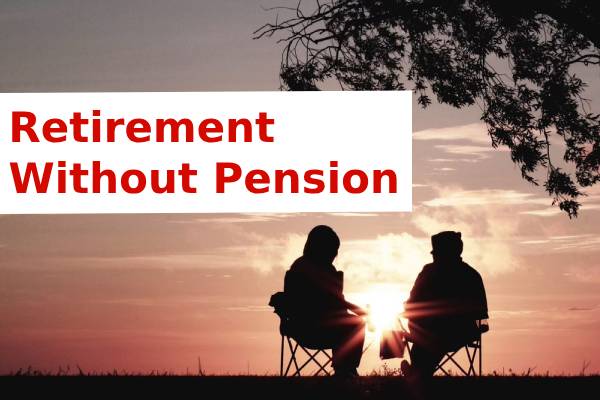Aegon Pushes for Flexible State Pension Age

Aegon, a pension provider, is advocating for a shake-up of the state pension system, proposing greater flexibility in how people access their retirement income. Their suggestions aim to address the growing concerns about rising state pension ages and cater to the diverse needs of today's workforce.
Flexibility for Different Lifestyles
Aegon argues that a single fixed state pension age doesn't reflect the realities of modern life. Some individuals, due to health reasons, physically demanding jobs, or caring responsibilities, might struggle to work until their late 60s or early 70s. Their proposal offers two options:
- Early Retirement with Reduced Payout: This allows individuals to claim their state pension up to three years earlier, but with a smaller monthly payment. This caters to those who may prioritize an earlier start to retirement, even if it means receiving a lower income.
- Guaranteed Access at 68: This approach guarantees access to the state pension, albeit with a reduced amount, at the age of 68, regardless of future increases in the official state pension age. This provides peace of mind for those who might be anxious about potential future hikes in the retirement age.
Addressing Sustainability Concerns
Aegon acknowledges the financial pressures on the government due to an aging population. They point out that with automatic enrollment in workplace pensions becoming more widespread, more people are building up private retirement savings, potentially reducing reliance solely on the state pension. This, they believe, could mitigate the financial impact of a more flexible system.
Understanding the System is Key
Aegon highlights the importance of public education about the state pension system, including the "triple lock" mechanism and eligibility rules. They emphasize that changes to the state pension, whether regarding payout amounts or access age, significantly impact individuals' retirement planning and public finances.
Focus on Work, Not Just Age
While raising the state pension age might seem like a straightforward solution, Aegon argues it doesn't guarantee people can actually work longer. They advocate for additional support to improve working conditions and make work more accessible for older individuals. Additionally, they emphasize the need for robust support systems for those genuinely unable to work until their late 60s or early 70s.
In essence, Aegon's proposal seeks to create a more adaptable state pension system that acknowledges the changing nature of work and retirement planning. They believe a system with greater flexibility can better serve the needs of a diverse workforce while ensuring the long-term sustainability of the state pension for future generations.



